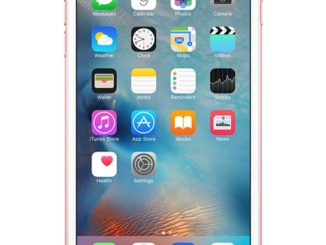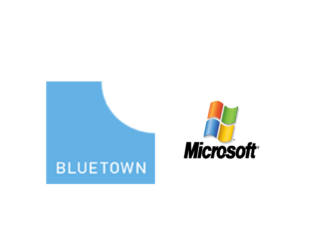
Vodafone Group will hand over management of its Ghana unit to the UK carrier’s separately listed SA division in April, the latest step to bring the company’s operations on the continent under one roof.
Vodacom will take responsibility for the West African business alongside other units including Tanzania, Mozambique, Democratic Republic of Congo and SA, CEO Shameel Joosub said in an interview. Vodafone Ghana will keep its branding and there will be no transfer of assets from the UK parent, he said.
The move marks the second change by Vodafone to its Africa operations in 2020, part of a wider effort to simplify the sprawling global carrier and focus management attention on fiercely competitive European markets.
The company agreed to sell its Egyptian business to Saudi Telecom for $2.4bn in January to focus on the Sub-Saharan region. And in 2017, Vodafone transferred a minority stake in Kenya’s Safaricom, East Africa’s biggest company, to Vodacom in an all-share deal worth about $2.6bn.
The changes add the kind of geographical reach that Vodacom could benefit from if the parent company eventually decides to sell down its 60% stake. Even if it doesn’t — Joosub said such a move is not on the cards — putting the African businesses under the same management may help Vodacom gain economies of scale.
“The larger group has sold some assets in North Africa, and the focus will be on Sub-Saharan Africa under Vodacom,” Joosub said.
The CEO was also awarded a place on Vodacom’s executive committee late in 2019, bringing him closer to the ear of Vodafone CEO Nick Read.
Ethiopia opportunity
Vodacom has shown interest in Ethiopia’s planned privatisation of its state-owned phone monopoly, which will involve the auction of two new licences and the sale of a minority stake in Ethio Telecom later in 2020. While the timetable was recently pushed back, Joosub said he expected an information memorandum to be issued in April and May and the deals to be finalised in June.
Vodacom will partner with Safaricom on any bid, the CEO said. His counterpart at the Nairobi-based company, Michael Joseph, estimated in 2019 that each licence would cost about $1bn, but Joosub countered that it was still too early to say.
“It will come down to the price points, the licence fees and what obligations are attached,” he said. “We have multiple teams on the ground to evaluate the market. They are compiling business plans to understand the opportunity.”
Other companies to have made their interest in Ethiopia clear are Paris-based Orange and Vodacom’s rival, MTN. With a fast-growing population of more than 100-million and limited high-speed connectivity, the Horn of Africa nation is an attractive market, Joosub said.
Bloomberg



